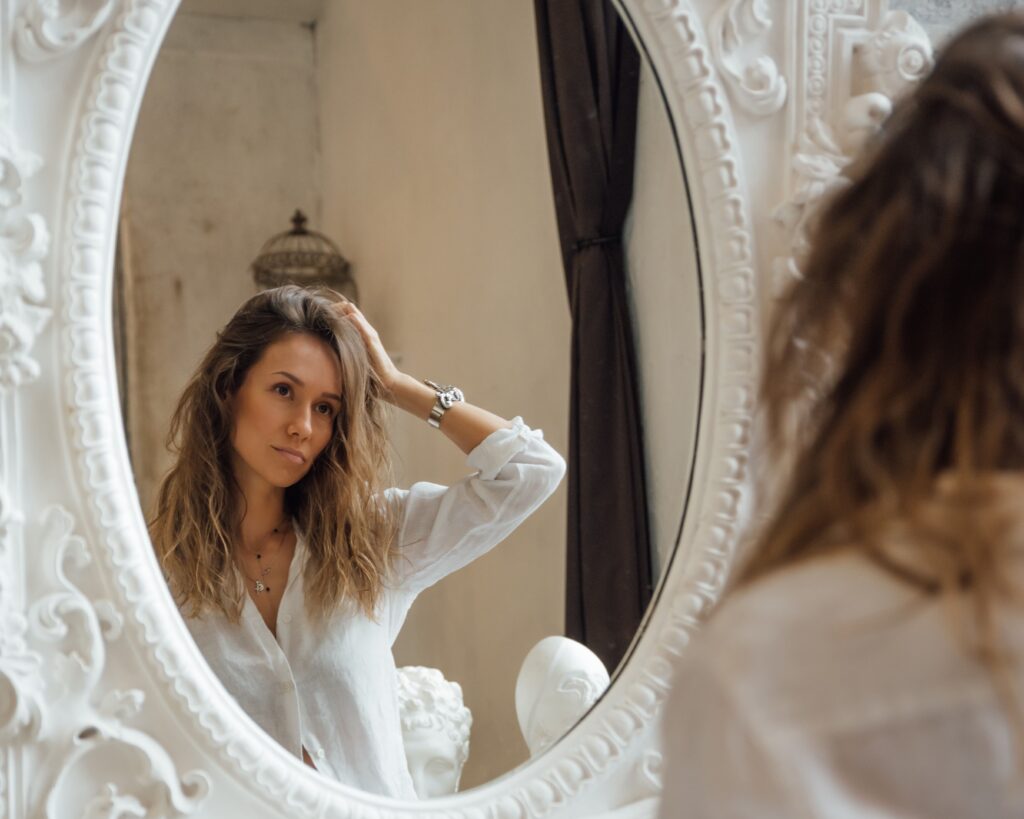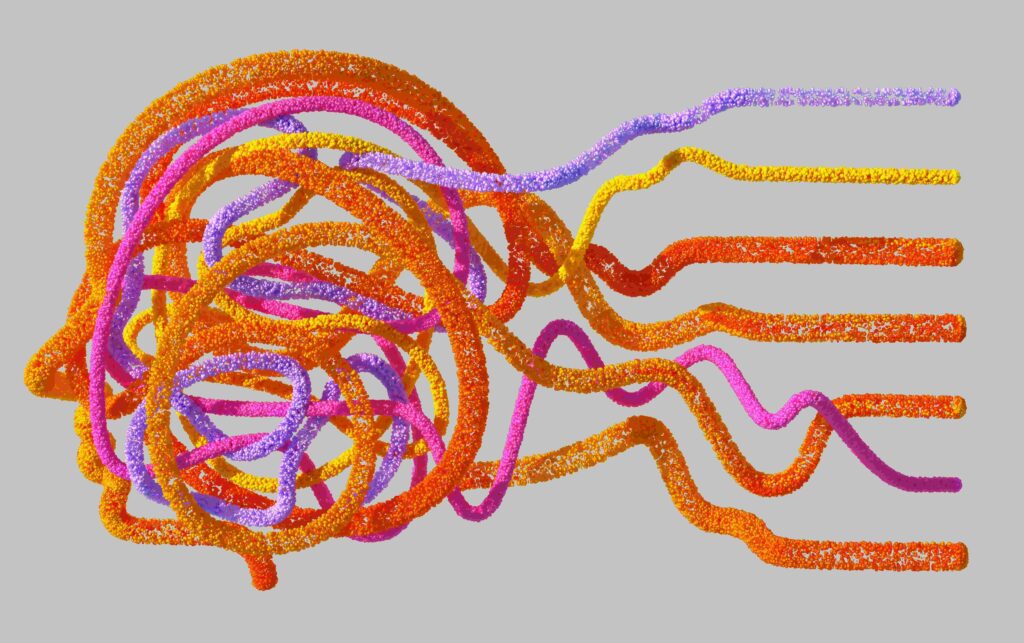From Self-Doubt to Self-Love: Nurturing a Positive Body Image

In today’s world, where beauty standards are often unattainable and the influence of media and social platforms is ever-present, the journey to self-acceptance and a positive body image can be challenging. It’s crucial to understand that the idea of a perfect body is a societal construct, and true self-acceptance goes beyond physical appearance. This article explores the complex relationship between body image and self-acceptance, providing insights and practical strategies for cultivating a healthier and more authentic self-image.
The Complex World of Body Image
Body image is the mental representation we have of our physical selves. It encompasses how we perceive our bodies, our thoughts and feelings about our appearance, and how we believe others perceive us. Body image is not solely rooted in reality; it is heavily influenced by cultural, societal, and personal factors –
Societal and Media Influences
The media, advertising, and popular culture often promote narrow, unrealistic beauty ideals, leading many to compare themselves to these standards. This constant exposure can negatively impact self-esteem and body image.
Social Comparison
In the age of social media, we are constantly exposed to carefully curated images of others, creating an environment ripe for social comparison. This tendency to compare ourselves to others can lead to feelings of inadequacy and self-doubt.
Personal Experiences
Past experiences, such as childhood teasing or bullying, can shape one’s self-image. Traumatic events or negative comments from others may contribute to poor body image.
The Consequences of Poor Body Image
A negative body image can have significant consequences on mental and emotional well-being:
1. Low Self-Esteem: Poor body image often leads to lower self-esteem. Individuals may feel unworthy, leading to self-criticism and self-doubt.
2. Mental Health Issues: Negative body image is strongly associated with mental health conditions such as depression, anxiety, and eating disorders.
3. Social Isolation: People with poor body image may withdraw from social activities or relationships due to feelings of shame or self-consciousness.
4. Unhealthy Behaviours: In pursuit of an idealized body, individuals may engage in unhealthy behaviors such as extreme dieting, excessive exercise, or even substance abuse.
Cultivating Self-Acceptance
The journey to self-acceptance and a positive body image is a deeply personal one, but it is achievable with time, effort, and self-compassion. Here are some strategies to help foster self-acceptance:
1. Practice Self-Compassion: Treat yourself with kindness and understanding. Remember that no one is perfect, and it’s okay to have imperfections.
2. Challenge Negative Self-Talk: Become aware of negative thoughts about your body and challenge them with rational, compassionate responses.
3. Limit Exposure to Unrealistic Images: Be mindful of the media you consume and consider unfollowing accounts or content that make you feel inadequate.
4. Focus on What Your Body Can Do: Shift your perspective from appearance to function. Celebrate your body’s abilities and focus on how it serves you in daily life.
5. Seek Support: Talk to a therapist or counselor if you’re struggling with body image issues. Professional guidance can provide valuable tools and coping strategies.
6. Set Realistic Goals: If you have health and fitness goals, ensure they are realistic and achievable. Consult with a healthcare professional for guidance.
7. Practice Gratitude: Regularly acknowledge and appreciate the aspects of your body and life that you are grateful for. This can help shift your focus away from perceived flaws.
8. Surround Yourself with Positivity: Build a support network of friends and loved ones who uplift and support you. Their positivity can help counteract negative self-perceptions.
Conclusion
Body image and self-acceptance are integral to our overall well-being. In a world that often promotes unrealistic beauty ideals, it’s vital to remember that true self-acceptance is rooted in authenticity, self-compassion, and a deeper understanding of our worth beyond our physical appearance. Embrace your uniqueness, practice self-love, and remember that your value goes far beyond what you see in the mirror. By cultivating self-acceptance, you can embark on a journey toward greater mental and emotional well-being, allowing you to live life with confidence and authenticity.





Responses